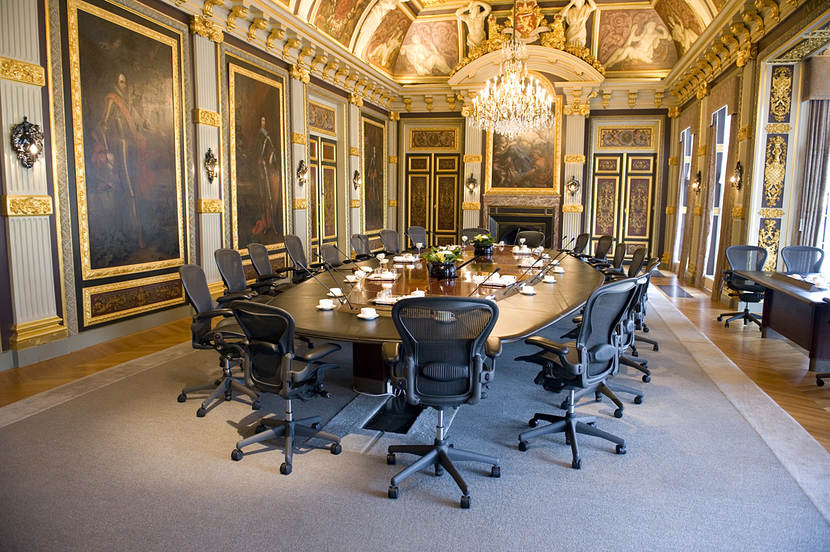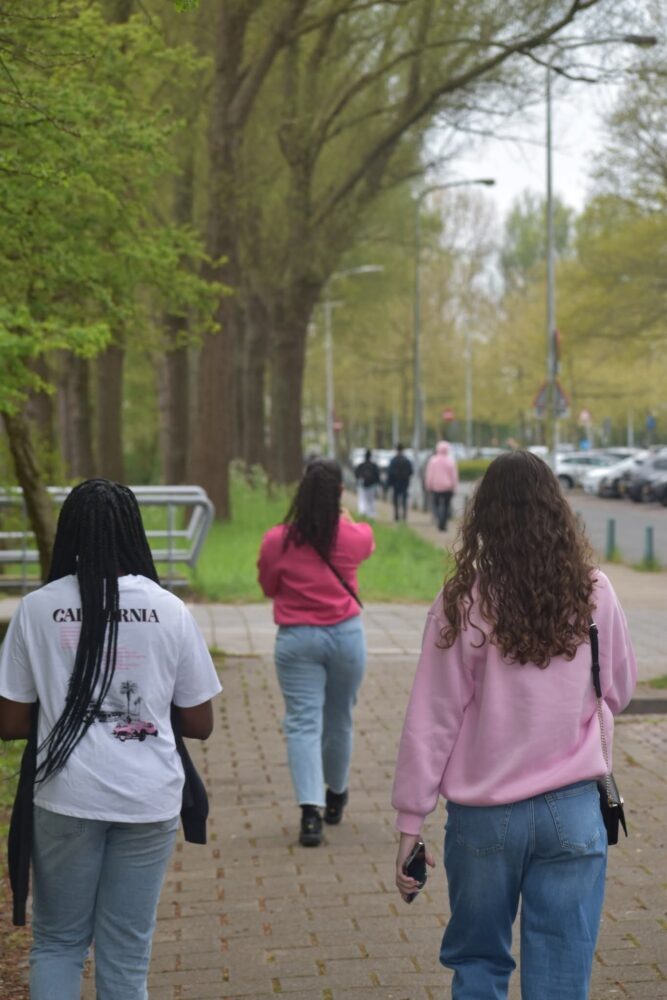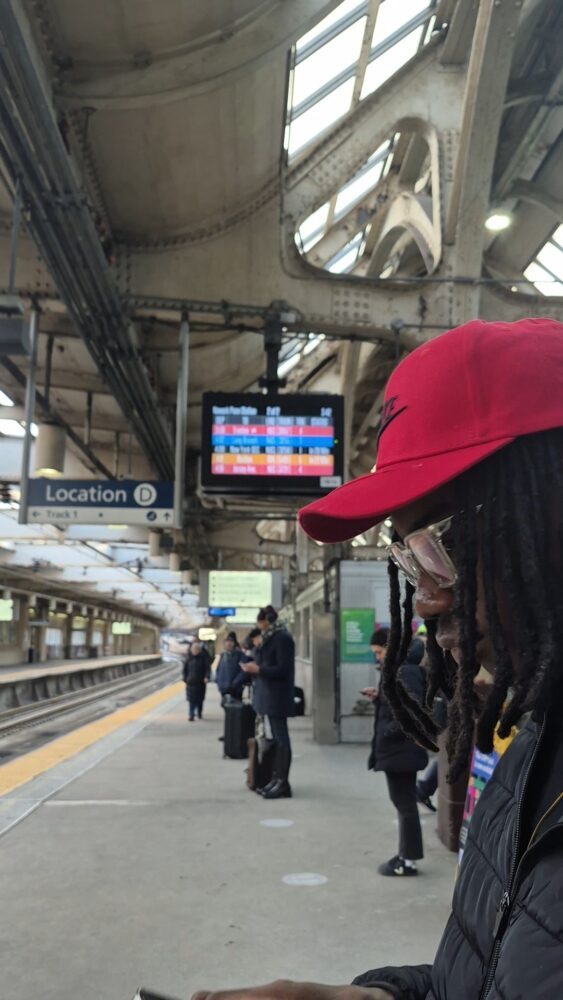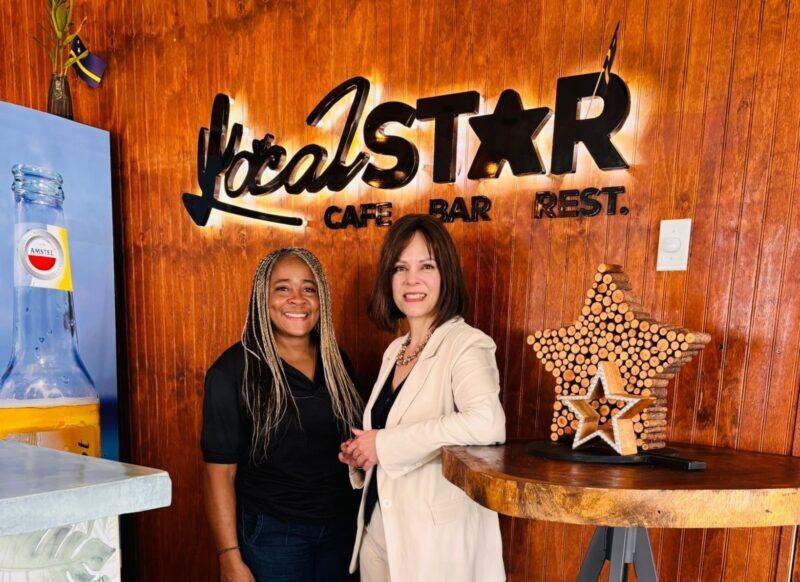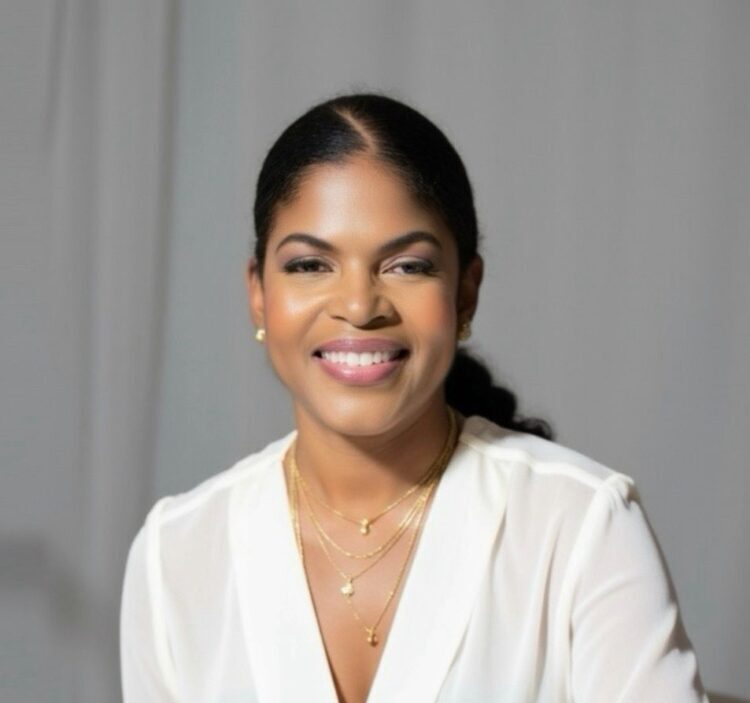THE HAGUE – Curaçao has a new government, thus a new representative in The Hague. The first official meeting with the new government and the Dutch Ministers was held on Friday. But how much power do the Caribbean islands actually have?
History has shown how little influence the former Antilles had on The Hague. Former Prime Minister of Curaçao Gerrit Schotte (MFK) attempted to prevent the Netherlands from interfering in the elections. Aruban Prime Minister Mike Eman (AVP) even went on a hunger strike during a dispute over a budget. Without result: The Netherlands imposed its own position on both islands without reluctance.
Personal relationships with Ministers
According to former Minister Plenipotentiary Sheldry Osepa (MFK) whether the position of the islands falls or stands depends on relationships with the Dutch politicians. “The Council of Ministers is purely a formality,” says Osepa. “The work is in the preliminary phase. Especially in difficult cases, the personal relationships with Ministers and top officials play an enormous role.”
The presence of the former Curaçao Minister Plenipotentiary Marvelyne Wiels (2013-2016), the sister of the murdered politician Helmin Wiels (PS) was not well received. She has been questioned for alleged cv-fraud, intimidation and mismanagement. The Dutch government called the suspicions serious, especially because it concerned state secrets.
But the Netherlands does not have the power to dismiss a Plenipotentiary Minister of Aruba, Curaçao or St. Maarten. Yet, such an image certainly has consequences. “Such an authorized Minister would no longer be taken seriously by the Netherlands,” said Osepa.
Secrecy of the stateWhat is discussed within the Council of Ministers, including the agenda, is ‘secrecy of the state’. Anyone who leaks information risks imprisonment. Usually only the Minister of Home Affairs and Kingdom Relations gives a brief explanation to the press, which can give a one-sided or limited image. The meeting minutes are only released after thirty years. |
Islands dependent on the Netherlands
The dependence of the Netherlands is acknowledged during the Council of Ministers meeting: one of the few official moments where Dutch politicians meet with the representatives of the islands. Usually this takes no longer than five minutes.
Persons, who are not friends with the Dutch Ministers and Civil Servants, particularly face difficulties when vouching for the political interests of the islands in The Hague. “You sometimes only need one Dutch Minister who will put pressure on your arguments during the Council of Ministers debate,” says Osepa. For example, when almost all Dutch Ministers were in agreement to intervene on Curaçao: “I remember that a Dutch Minister was the only one to say: no, let’s give Curaçao a chance. That brought about a whole revolution.”
The islands hardly have influence. The Netherlands has about eleven ministers in the joint council, compared to only three Plenipotentiary Ministers of the islands. “The islands can only support each other by forming a block,” says Roderick Pieters former Curaçao Minister Plenipotentiary, on behalf of the PS (2013).
St. Maarten’s Prime Minister William Marlin speaks about the failed meeting he had with Dutch administrators just before the Council of Ministers meeting.
How will it play out for the new Minister Plenipotentiary Anthony Begina of Curaçao? Expectations from politicians in The Hague are better than with previous governments (such as MFK or PS). Those parties did not confront the stride for less interference from the Netherlands.
Boundaries
“The new government of Curaçao is not going to ask critical questions about relations within the Kingdom”, said Sheldry Osepa, former Minister Plenipotentiary on behalf of Gerrit Schotte’s MFK. “Their approach is more: let’s work together, instead of looking at the boundaries.”




